Besieged (1998) Watch Online
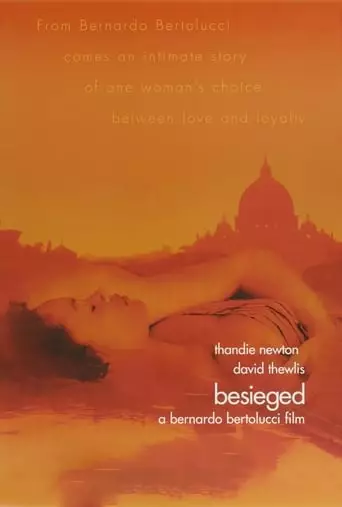
Besieged (1998) Watch Online
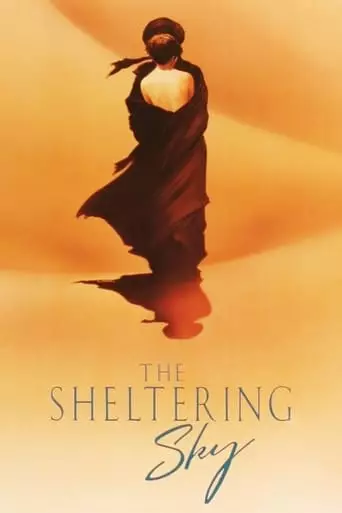
The Sheltering Sky (1990) Watch Online
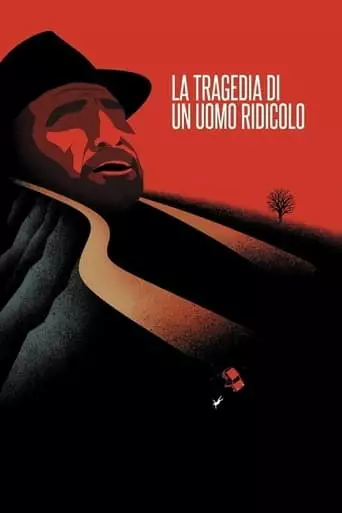
Tragedy of a Ridiculous Man (1981) Watch Online
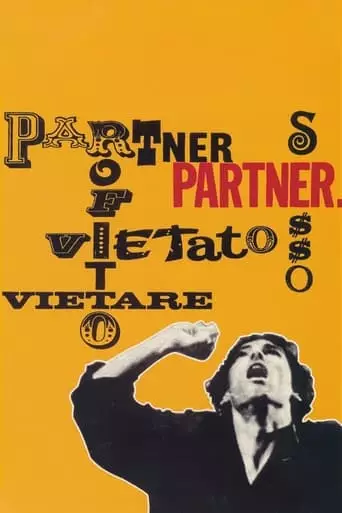
Partner (1968) Watch Online
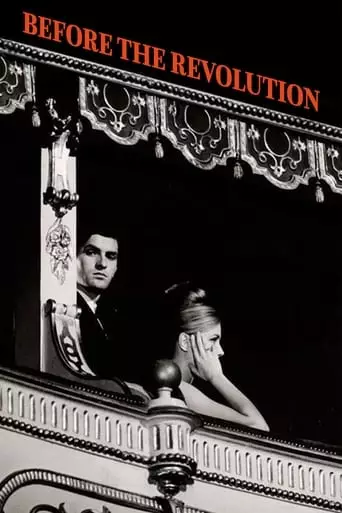
Before the Revolution (1964) Watch Online
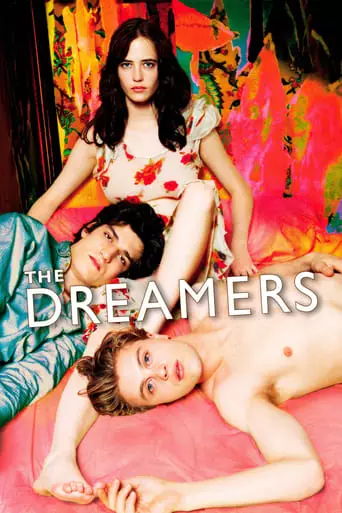
The Dreamers (2003) Watch Online
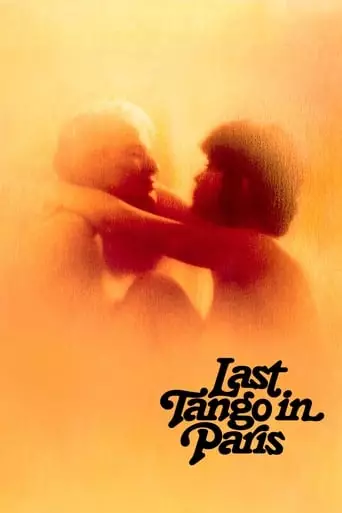
Last Tango in Paris (1972) Watch Online
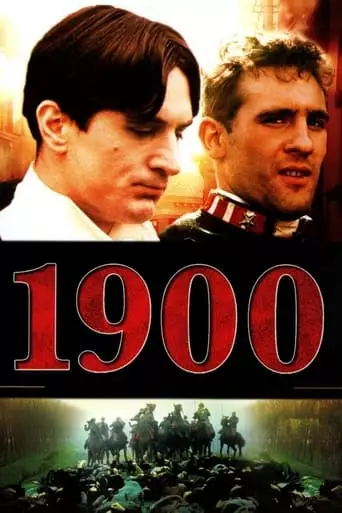
1900 (1976) Watch Online
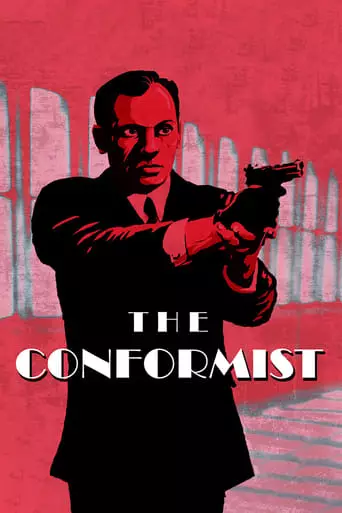
The Conformist (1971) Watch Online
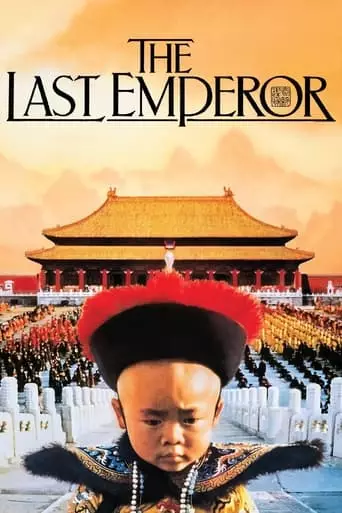
The Last Emperor (1987) Watch Online